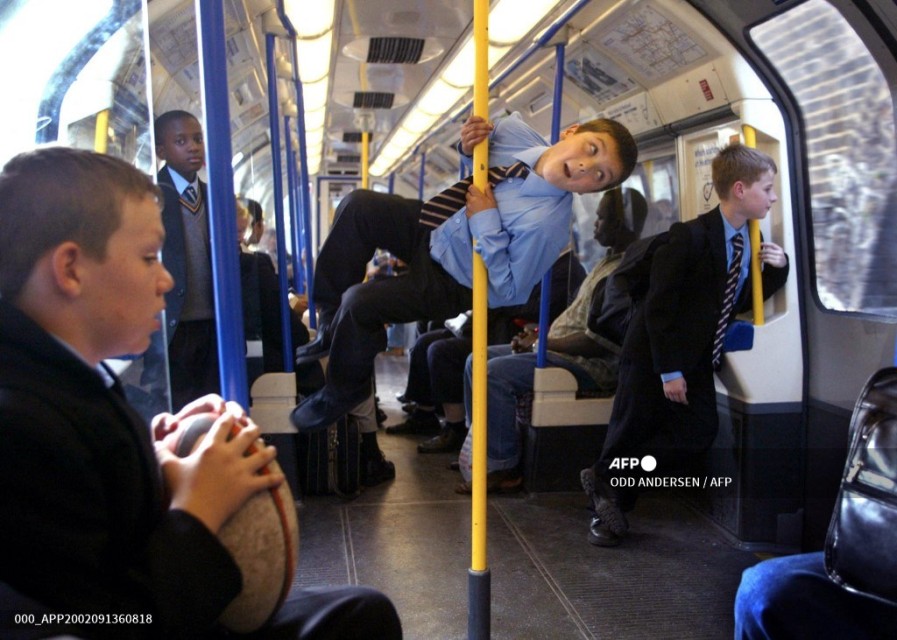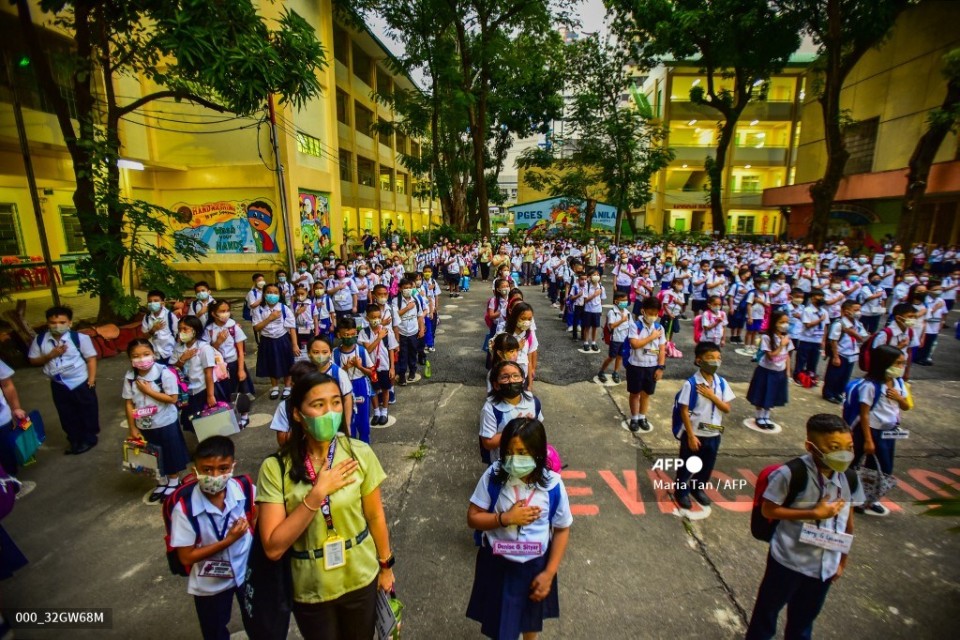

Paris, France | AFP | Monday 1/30/2023
School-aged students lost more than a third of a year’s worth of learning early on in the pandemic and have still not caught up, posing “a real problem for this generation,” researchers warned on Monday.
The Covid-19 pandemic caused one of history’s greatest disruptions to education, with 95 percent of students worldwide affected by school closures, and online teaching becoming far more common.
To find out how much this upheaval affected students, a European team carried out the largest review of research on the subject yet conducted.
They analysed 42 studies published between March 2020 and August 2022 across 15 countries, including several European and South American nations as well as the United States, South Africa and Australia.
The study found that children aged between five and 18 had lost the equivalent of 35 percent of a normal year’s worth of education.
Children from disadvantaged backgrounds were disproportionately affected, as were those in poorer countries, according to the study in the journal Nature Human Behaviour.
“The learning crisis is an equality crisis,” said the study’s lead author Bastian Betthauser, a researcher at France’s Sciences Po university.
The researchers also found larger “learning deficits” for maths than for reading.
“This may be due to parents being better able to help their children with reading compared to maths exercises,” Betthauser told a press briefing.


Most of the learning deficits came during school closures at the start of the pandemic.
Efforts by children, parents, schools and governments since may have prevented further losses but have not made up for the lost ground, the study said.
“Education is one of — if not the — key predictor for children’s school-to-work transition, their success in the labour market, their success in building up their own livelihoods,” Betthauser said.
“This is potentially going to be a real problem for this generation that experienced the pandemic in school,” he said.
The researchers called for governments to take up policy initiatives to help this generation recover their losses.
More research is needed to understand the scale of the problem going forward, particularly in less developed countries, they added.
Betthauser called on policymakers to stay focused on the issue.
“I get the sense that maybe attention is diverted away a little bit by other current events, and it’s important that we remember that these learning deficits are still there,” he said
© Agence France-Presse
